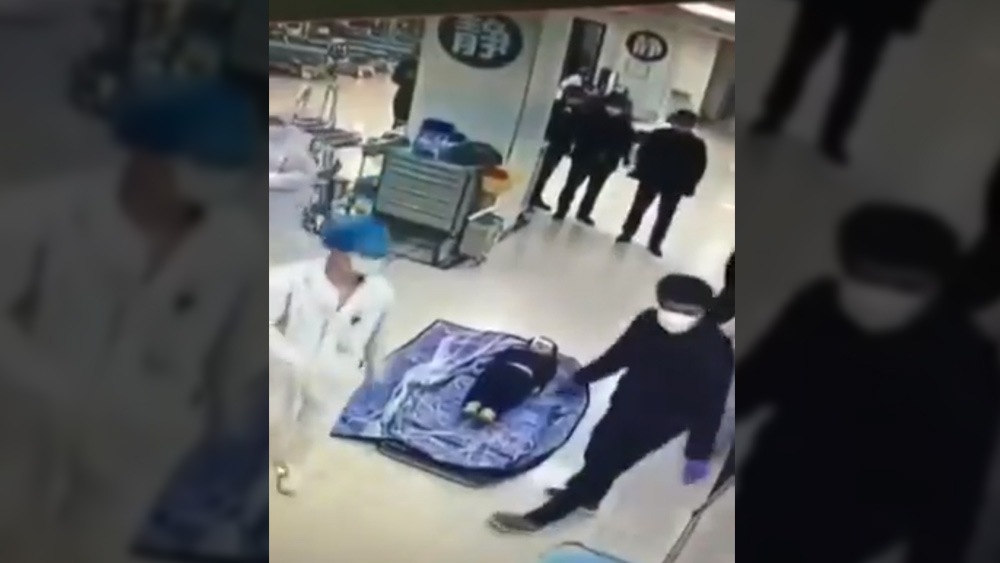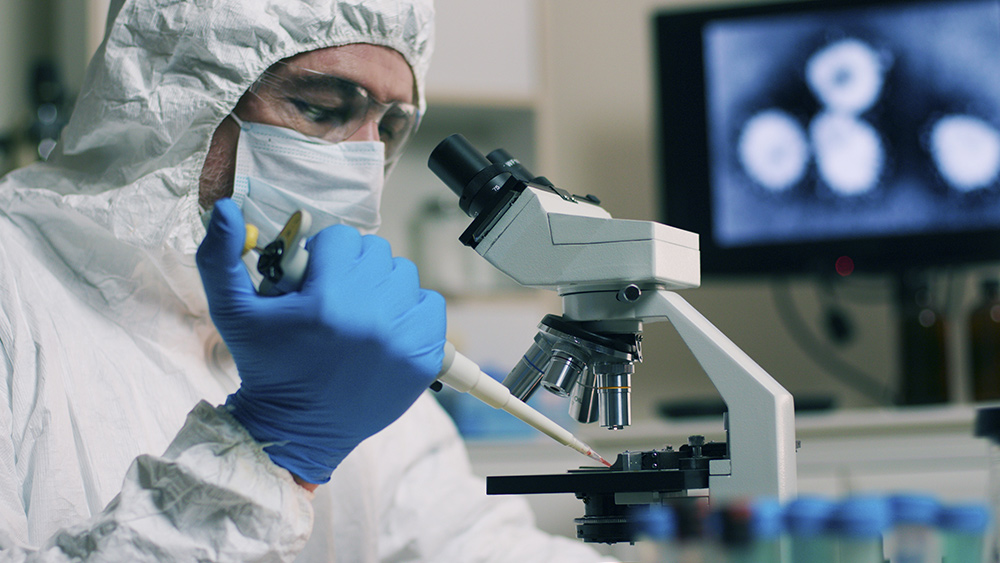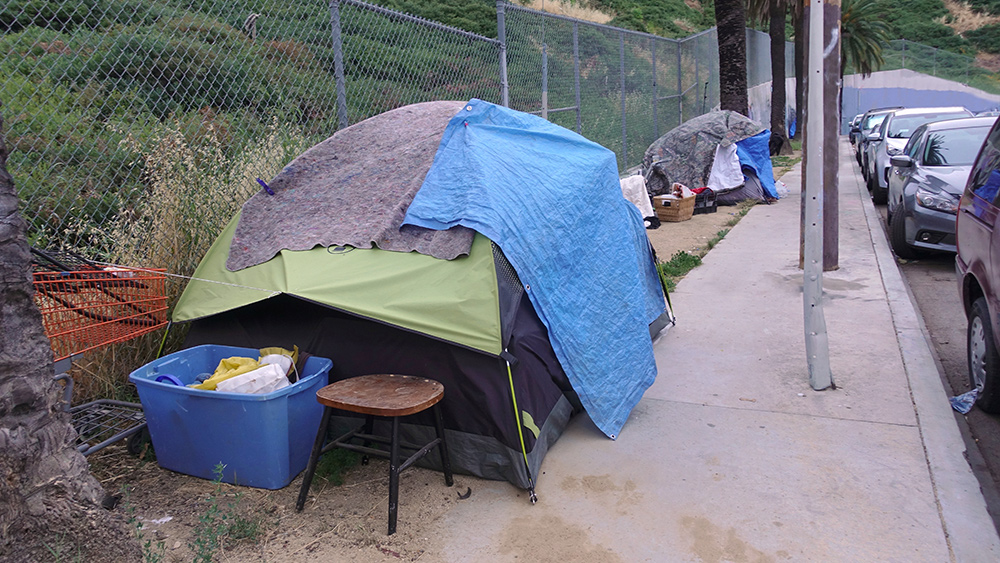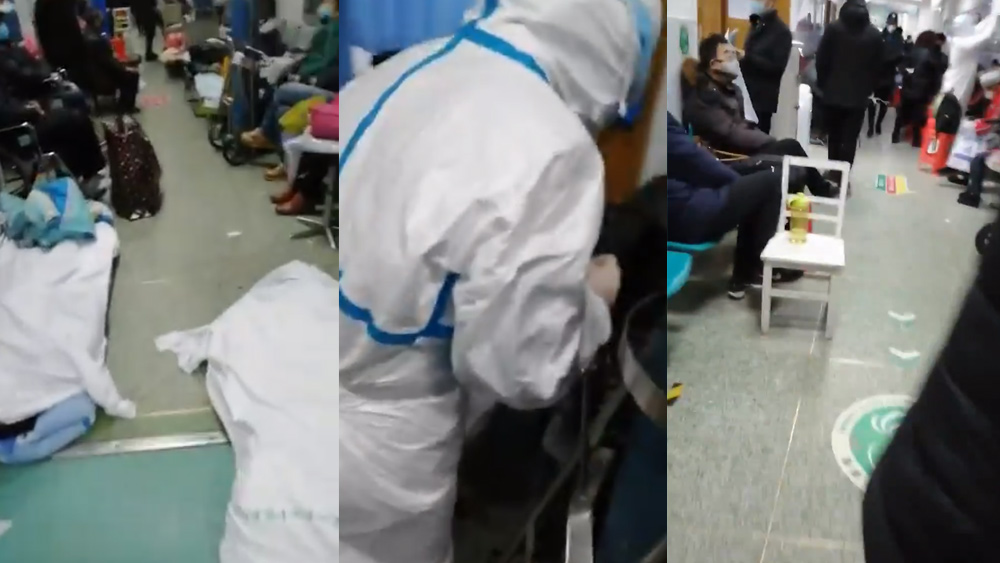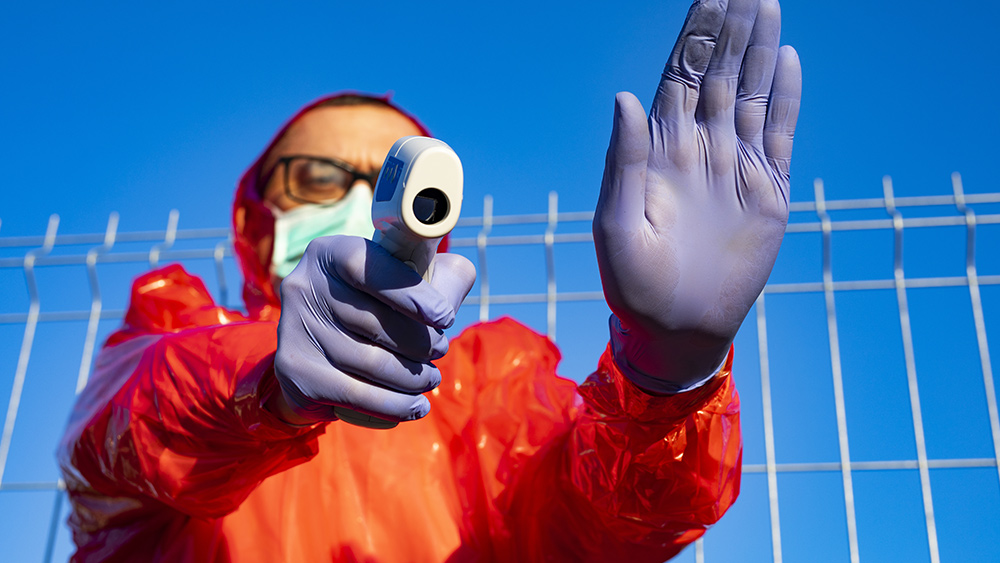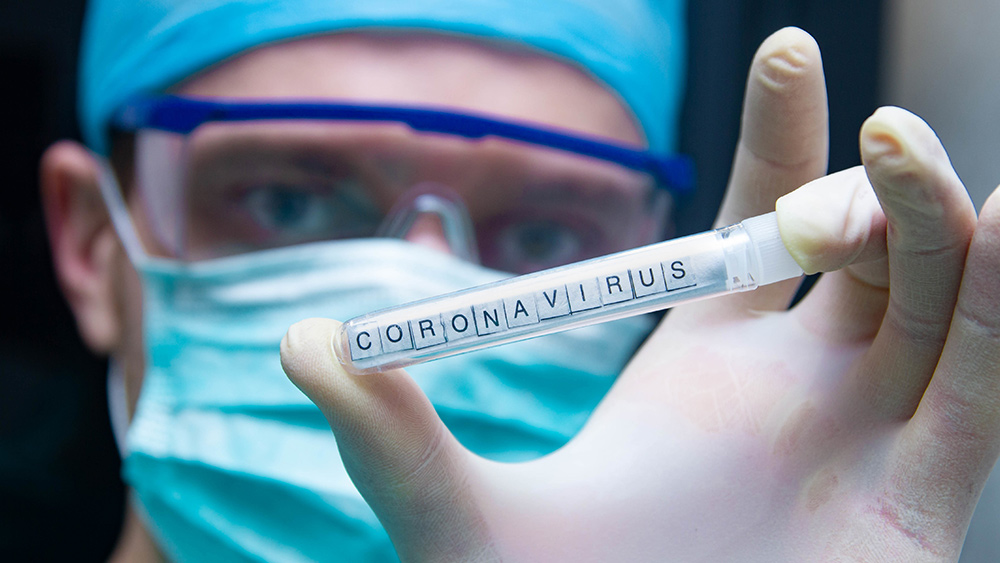At least half of people with COVID-19 don’t realize they have it – and could be spreading it
04/13/2020 / By Isabelle Z.
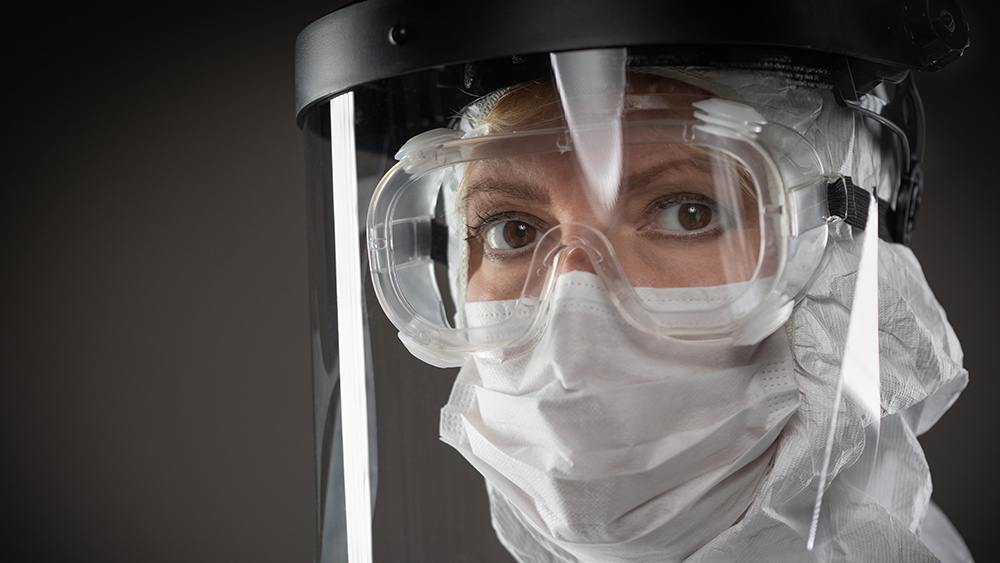
When COVID-19 first started taking lives in China, many people in the West were reluctant to believe it could really be so damaging. “It’s just like the flu,” they’d say. “There’s nothing to worry about.”
But the virus quickly showed everyone that it’s a force to be reckoned with. One of the biggest problems is just how easily it can be spread, but there’s another quality that makes it particularly dangerous: many people carry it without realizing it – possibly even half of the people who have it, according to research.
The CDC’s director, Dr. Robert Redfield, announced that as many as 25 percent of people who are infected with COVID-19 remain asymptomatic, which means they have no idea they have, and could be spreading, the virus.
He said: “Of those of us that get symptomatic, it appears that we’re shedding significant virus in our oropharyngeal compartment, probably up to 48 hours before we show symptoms. This helps explain how rapidly this virus continues to spread across the country because we have asymptomatic transmitters.”
However, it gets worse: Icelandic researchers have reported that half of the cases of novel coronavirus there who tested positive did not have any symptoms. Another new report said that researchers in Singapore have found seven clusters of coronavirus in which transmission before people showed symptoms was the most likely reason behind secondary cases.
Lots of people who don’t feel well will try to minimize their contact with others, but when people feel fine, they don’t think twice about interacting as usual, and that has really helped this virus take hold.
That’s also why it’s so important for people to respect social distancing and stay at home orders. If the virus infected 1.4 million people in the span of just four months, anything you can do to stop the chain of transmission can make a huge difference, especially when you consider the fact that each person who is infected with the virus, whether they know it or not, could potentially spread it to at least four other people, on average, in susceptible populations.
Face coverings and social distancing are essential
It’s also easy to see why masks are being so highly recommended these days. Although the CDC had said at one point that they weren’t necessary, they’ve since changed course and recommended that everyone put on a face covering before heading to a public place. They’ve even gone so far as to post instructions on properly wearing cloth masks and making your own at home on their website.
And although there is some debate as to whether they stop people from getting COVID-19 because it can still enter through the eyes, for example, there is little doubt that masks do a good job of stopping people who are infected from spreading it to others.
These mixed signals about masks might be confusing, but there’s a perfectly good explanation. At first, the CDC didn’t want people to buy up all the masks and leave healthcare workers without any. Second, the true extent of presymptomatic transmission has only become more apparent with time.
People are still also being advised to keep a distance of at least 6 feet from other people when they do need to go out.
If you’ve been exposed to a known case of COVID-19, the best thing you can do is self-isolate for at least 14 days and monitor for symptoms.
The only way to keep this disease under control is to take it very seriously and do everything we can to not only understand how easily it is spread but also put that knowledge into action and take steps to actively prevent transmission.
Sources for this article include:
Tagged Under: asymptomatic carriers, coronavirus, covid-19, face masks, infections, outbreak, pandemic, prevent transmission, social distancing

